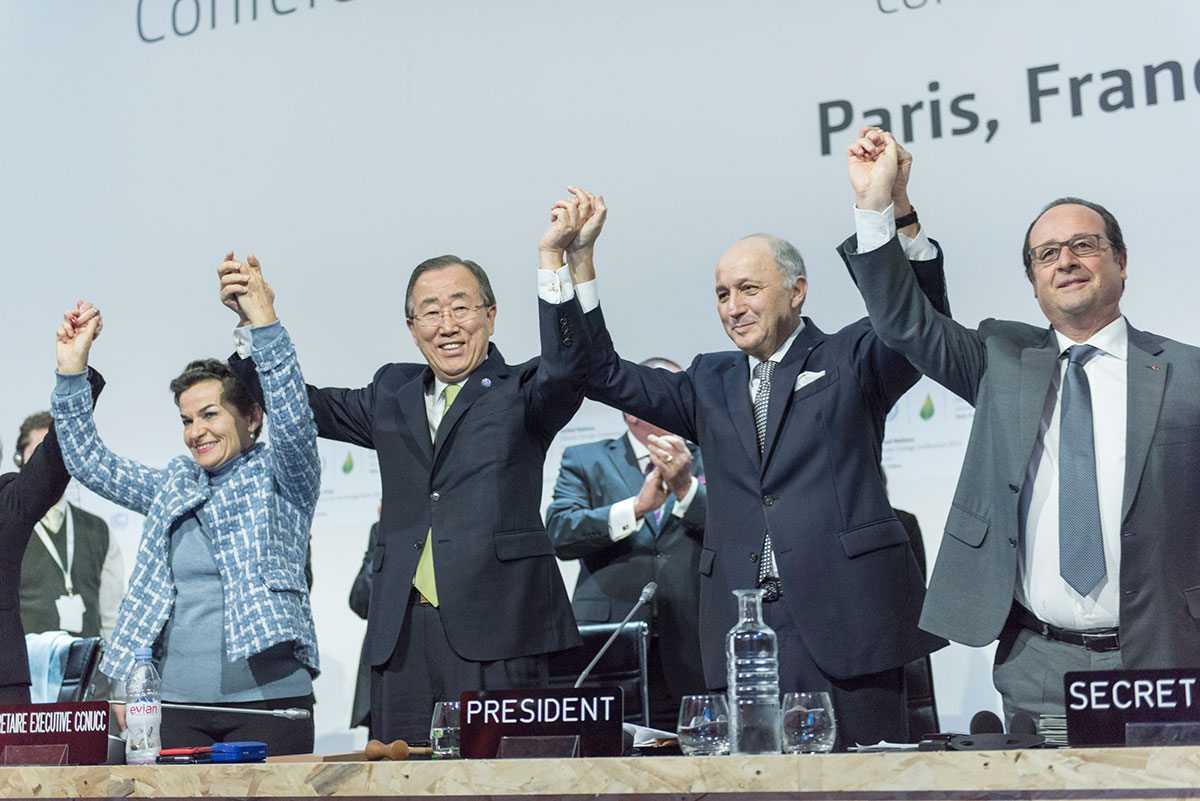The 2015 Paris Climate Agreement: What You Need to Know
The 2015 Paris Climate Agreement is a landmark international treaty that aims to limit global warming and its impacts. It was adopted by 196 parties at the UN Climate Change Conference (COP21) in Paris, France, on 12 December 2015 and entered into force on 4 November 2016.
What are the main goals of the Paris Agreement?
The Paris Agreement has three main goals:
To hold the increase in the global average temperature to well below 2°C above pre-industrial levels and pursue efforts to limit it to 1.5°C.
To increase the ability of countries to adapt to the adverse effects of climate change and foster climate resilience and low greenhouse gas emissions development
To make finance flows consistent with a pathway towards low greenhouse gas emissions and climate-resilient development
How does the Paris Agreement work?
The Paris Agreement works on a five-year cycle of increasingly ambitious climate action carried out by countries12. Each country is expected to submit an updated national climate action plan, known as a nationally determined contribution (NDC), every five years. In their NDCs, countries communicate actions they will take to reduce their greenhouse gas emissions and adapt to the impacts of climate change.
The first round of NDCs was submitted in 2015 and covers the period up to 2030. The second round of NDCs is due by the end of 2023 and should reflect a higher level of ambition compared to the previous ones. The Paris Agreement also invites countries to formulate and submit long-term low greenhouse gas emission development strategies (LT-LEDS) that provide a vision and direction for future development.
The Paris Agreement also establishes a global stocktake process that will assess the collective progress of countries towards achieving the goals of the agreement every five years, starting from 2023. The outcomes of the global stocktake will inform the preparation and implementation of subsequent NDCs and LT-LEDS.
The Paris Agreement also provides a framework for financial, technical and capacity-building support to developing countries to help them implement their NDCs and LT-LEDS, as well as cope with the impacts of climate change. The agreement also sets up a mechanism for enhancing transparency and accountability of countries’ actions and support.
Why is the Paris Agreement important?
The Paris Agreement is important because it is the first-ever universal, legally binding global climate change agreement that brings all nations together to combat climate change and adapt to its effects34. It is based on the best available science and reflects the principle of common but differentiated responsibilities and respective capabilities.
The Paris Agreement is also important because it recognizes the urgency and scale of the challenge posed by climate change and sets a clear direction for achieving a net-zero emissions world by the second half of this century. By doing so, it aims to avoid the most dangerous consequences of global warming, such as more frequent and severe droughts, heatwaves, floods, storms, sea level rise, biodiversity loss and human displacement.
The Paris Agreement is also important because it creates opportunities for innovation, cooperation, development and prosperity for all countries. By shifting to a low-carbon economy, countries can reap multiple benefits, such as improved air quality, health, energy security, job creation and social inclusion.
How can you get involved?
You can get involved in supporting the implementation of the Paris Agreement by taking action in your own life, community and workplace. Here are some examples of what you can do:
Reduce your carbon footprint by using renewable energy sources, improving energy efficiency, choosing public transport or cycling over driving, eating less meat and more plant-based foods, avoiding food waste and single-use plastics
Support local initiatives that promote climate action, such as tree planting, community gardens, recycling programs, green businesses
Educate yourself and others about the causes and effects of climate change and the solutions available
Advocate for stronger climate policies at local, national and international levels
Join or support civil society organizations that work on climate issues
Celebrate and share your climate actions on social media using hashtags such as
#ActNow #ClimateAction #ParisAgreement
Together, we can make a difference for our planet and future generations.






0 Comments